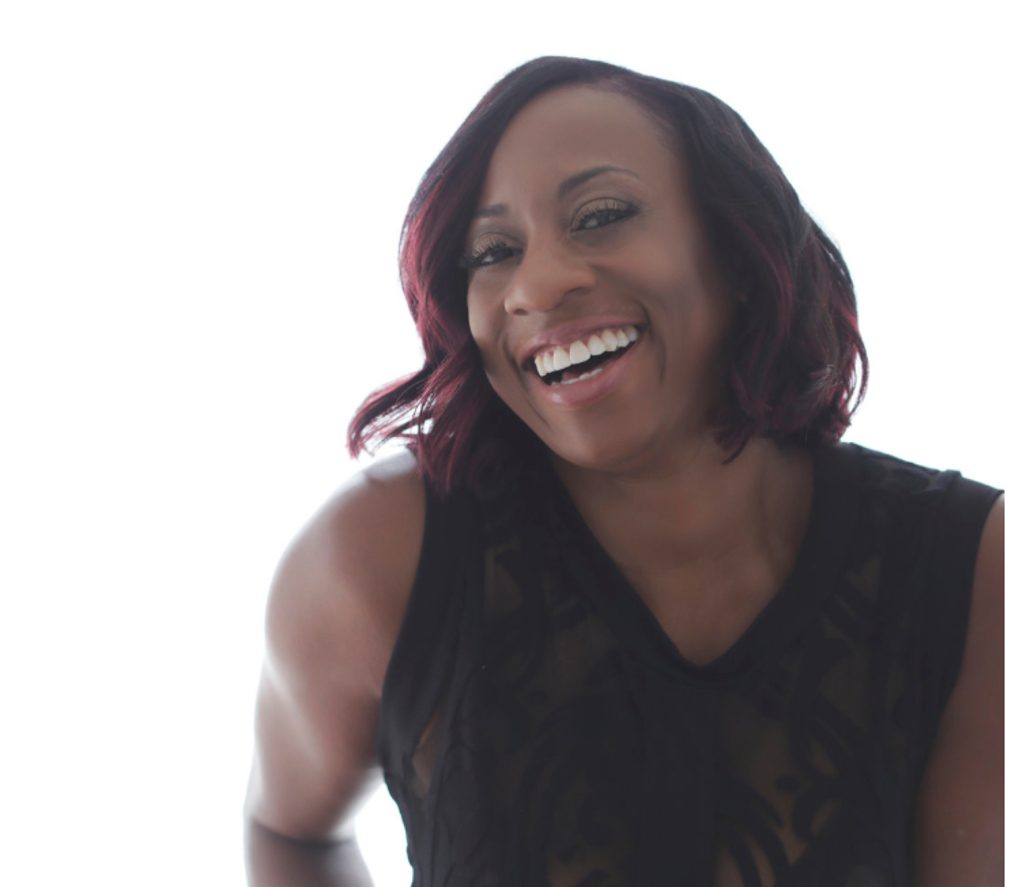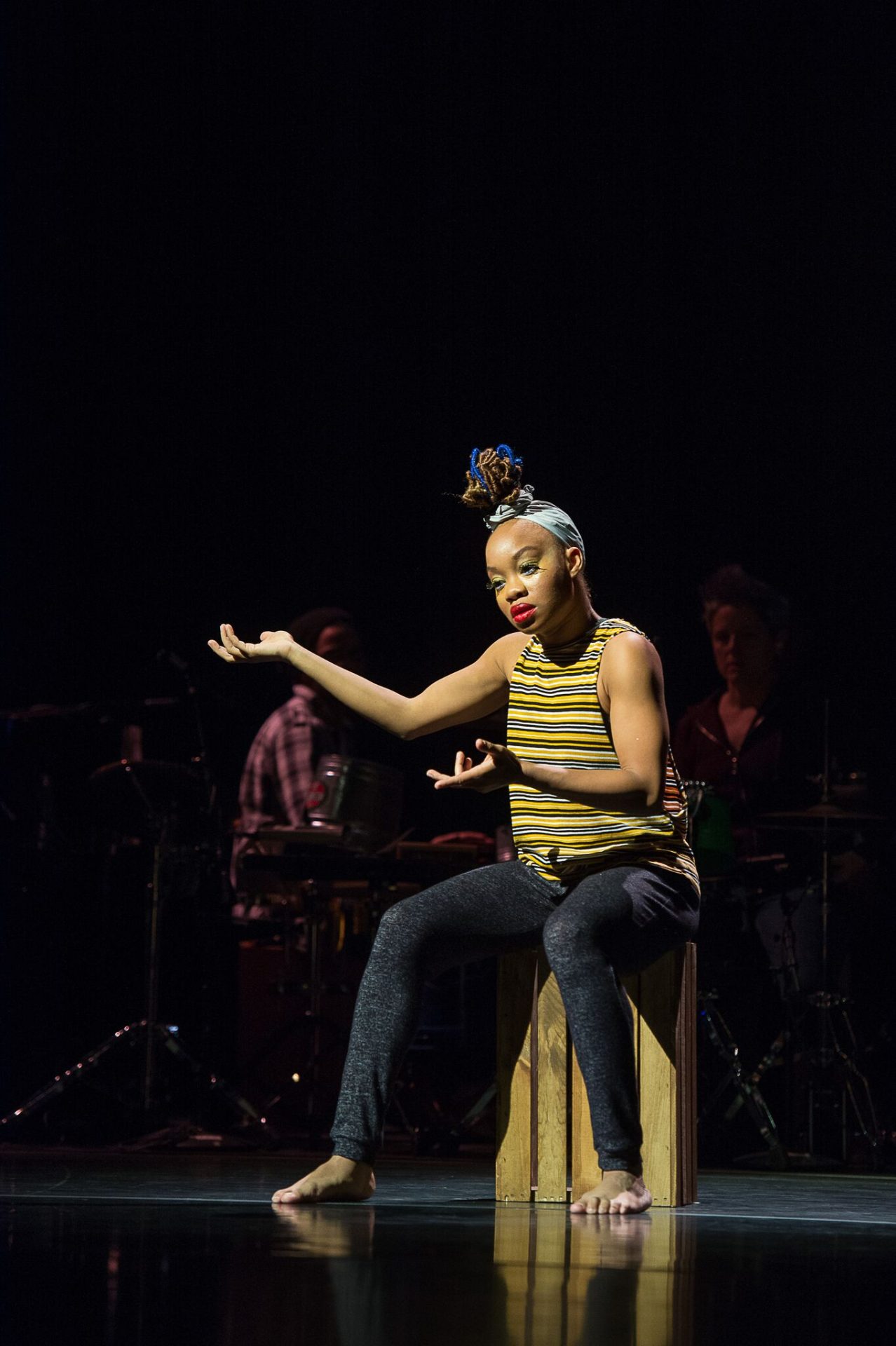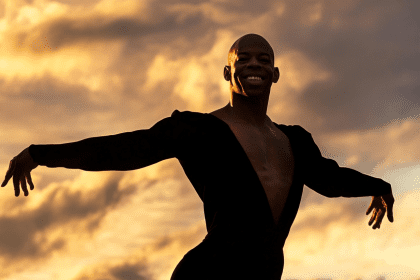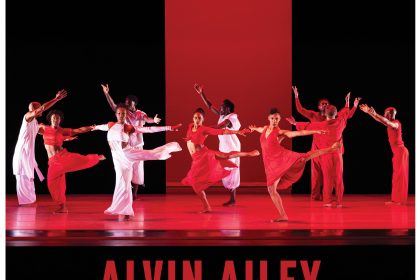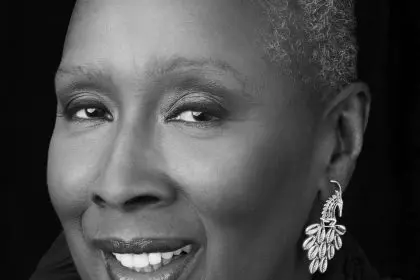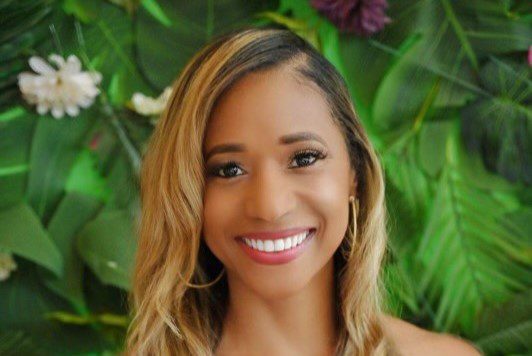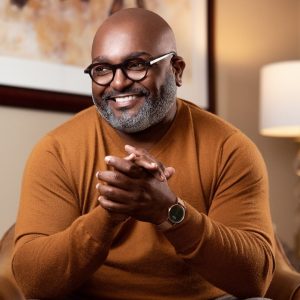
Who is Mike Weaver?
I am a director, choreographer, educator and author.
I work in music education. Besides theater and performing arts, I work in both conceptual and technical development with a variety of projects ranging from show choir competition programs to music concerts and theatrical events. My credits include: Carnival Cruise Lines, Six Flags Discovery Kingdom: Marine World Africa USA, Warner Bros Publishing, Hal Leonard Publishing, and Applause Theatre and Cinema Books. As a clinician, I have served as adjunct faculty with several American universities and taught at numerous performing arts camps, and served on national committees for the American Choral Directors Association.
In 2014, I was honored with an industry-awarded Aspire Lifetime Achievement presentation for my past and ongoing contributions to the field of show choir. I am co-author of the definitive and acclaimed book, Sweat, Tears and Jazz Hands: The Official History of Show Choir from Vaudeville to ‘Glee’. Available on Amazon.com.
I created the world’s first show choir app for iPhone and iPad — Show Choir Dance Moves with Mike Weaver. A new tool for directors, choreographers and dance educators needing short dance combinations for their projects. Over four dozen 8-count dance combinations in numerous dance style, broken down for easy learning. (iTunes Store). This is the smartphone version of a DVD reference series (200+ dance combinations) coming fall 2016 (Alfred Music Publishing).
Share details of your education and training.
Millikin University, BM 1986 Commercial Music – Piano Jazz Performance
Columbia College Chicago, MFA 1992 Film Directing
Animation Mentor, 24 Weeks Advanced 3D Animation Studies
Dance training — Adolescence Tap, Jazz, Ballet and Music Theatre Dance. I studied with Michael Wayne Lamb, a Broadway dancer and choreographer (former dancer on the Ed Sullivan Show) and various professional classes over the years — Gus Giordano, Lou Conte, Joffrey, and Joel Hall studios.
What inspired this career choice?
I became a choreographer by accident. I went to an open concept school — it was this experimental stage in primary education that focused on freedom and creativity. The classrooms were unstructured and students were encouraged to think out of the box. This was Central Indiana in the mid-’70s, and for me, I couldn’t have asked for a better learning environment. There, I was introduced to music and dance classes. I carried that into middle school and high school. Purdue University was nearby, which gave me the opportunity to meet and dance with college people in various theatre projects. Through Purdue’s theatre department, I audited classes with Michael Wayne Lamb, a Broadway director, choreographer and former dancer on the “Ed Sullivan Show.”
As I went into music later in my career, I found myself in situations that needed choreography. I stepped up and said, “I know a little about that.” I did a lot of lousy staging — really horrible. But eventually, I started getting calls asking if I had staged such and such. Over a period of time, I received so many calls — especially from high school music teachers needing staging for their show choirs — that I figured that I had better take a moment and learn something about this “choreography thing.”
I not only starting taking the job seriously, but sought ways to improve the status quo, lead where I could, and become a driving force for performing arts and music education.
What keeps you motivated in such a competitive profession?
I am motivated by the opportunity to do new things, try new technologies. I like the challenge of storytelling through music, dance, theatrics. I was the kid doing puppet shows for my neighbors growing up. A compelling subject always gets my attention.
What has been your most exciting productions that you have worked on?
I had the honor of creating dances for television and film icon, Dick Van Dyke for a special tribute that named a theater in his honor. We spent some car time together and one on one studio rehearsals, This guy was 76 at the time could still kick over his head.
What has been the most difficult thing you had to overcome?
The most difficult thing I’ve had to overcome was letting go of my ego. Being an only child, and adopted, at that, I was constantly told how special I was. My parents’ love was genuine and they meant well — but sometimes I was shielded from needing to take responsibility for my own actions. Their world revolved around me. As a teenager, I expected my opinions to be heard and acted upon. I was important, dammit! After high school, after a couple of wake up calls and some sobering slap downs, I found that rather than deal with rejection, I had best just avoid asking people altogether and simply do things for myself. That was then. I have now come full circle. I cherish friends who are experts in their field, who are passionate and caring, and hopeful about the human condition. I cherish friends who are self-reliant. Ultimately, for me, self-reliance has been a good thing. I recommend it for anyone. But, the roundabout way I arrived at that conclusion…that was not efficient. Now I ask for help when needed, but not without putting in the hard work myself, beforehand. No one does anything of any importance, alone.
What advice would you give a young person regarding them following their passion?
Do what you love. Do not become a doctor because your father was a doctor or you mother wants you to become a doctor, become a doctor you have an absolute love of medicine and biology and people and all that goes with it. Become a doctor because, you cannot imagine yourself doing anything else. If you feel that you would want to be a doctor even if you didn’t get paid, then go for it! You have found your passion. On the other hand — if you do not love medicine and people and all that goes with becoming a doctor, save yourself now. Save yourself the long hours of study, the financial burden, the years of med school, the math, the biology, the legal and insurance obligations, because the compensation is not worth the misery that you will feel when you one day realize that you didn’t do it for yourself. Find what you love, what you really care about, something that you would do for free — and you will never work a day in your life.
Where do you see yourself in the next five years?
I look to travel less for work and more for experience. Currently, I spend 250-plus days on the road teaching, choreographing and working as an advocate for my industry. The work part is best part — the travel is not. Two years ago, I have implemented an HD conferencing set up at my home in Chicago, I can rehearse with students across the country from the convenience and efficiency of my own studio. As the equipment has become more affordable, more of my clients are implementing HD conferencing technologies into their classrooms. Working from home is the future.
I serve on the board for Chicago Tap Theatre. I am committed to helping make CTT a national recognized organization. We are one of a handful of dance companies dedicated strictly to the art of tap dancing. In October, I get to hang with Broadway and film icon, Ben Vereen for a couple of days as we host a gala in his honor.
Also, I am a managing principal for a new startup called Timephoria! It is a tech infused urban retreat concept that combines a dynamic membership based lounge with some the worlds most globally advance human wellness technologies. We are planning to launch the first retreat this Fall (2016) in Chicago.

